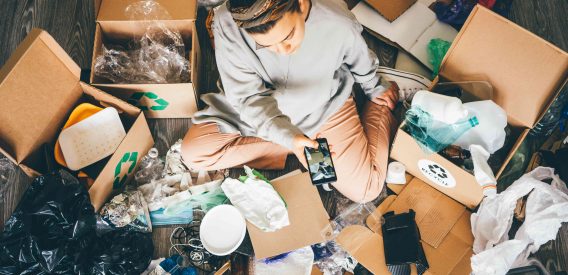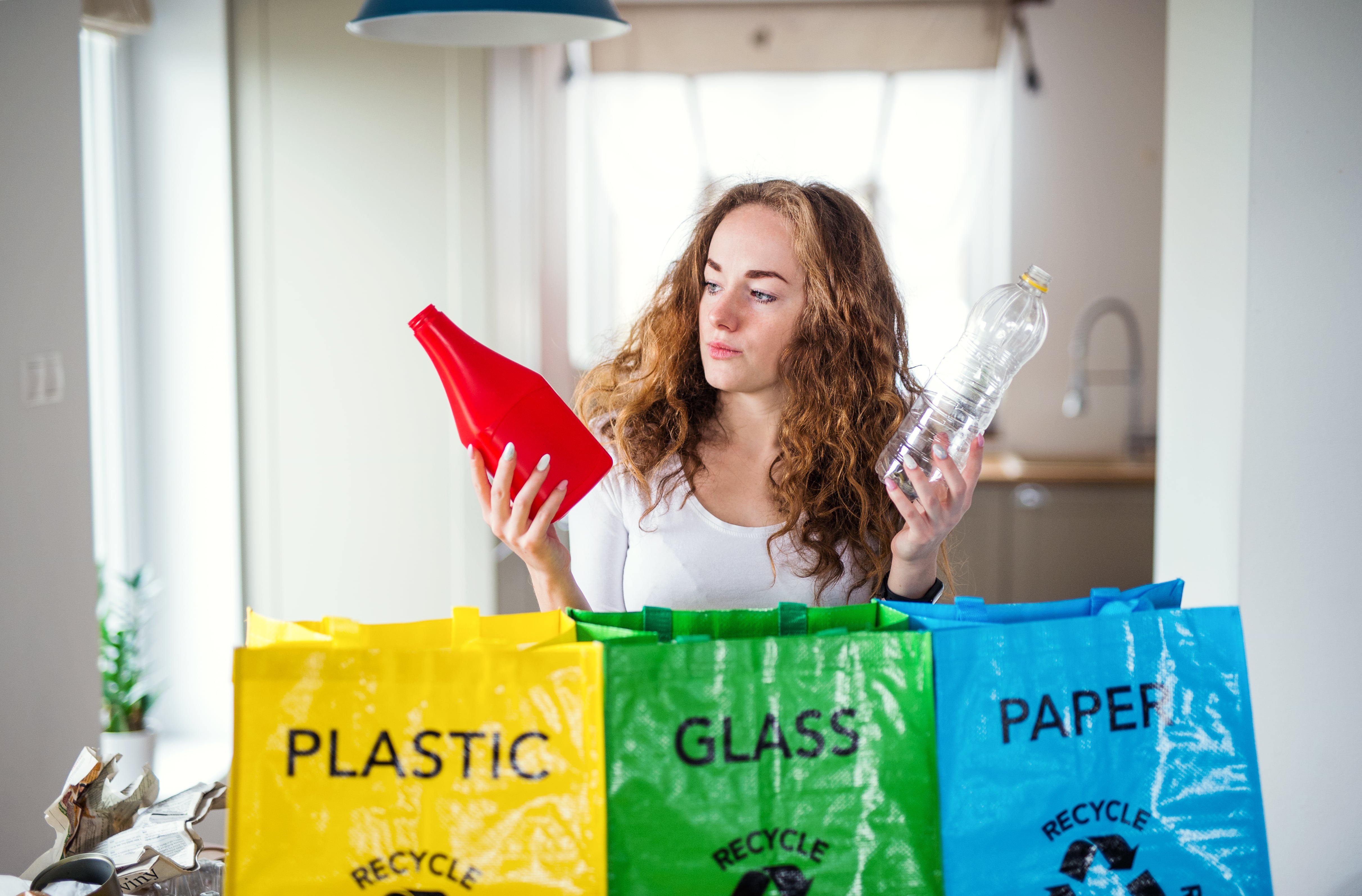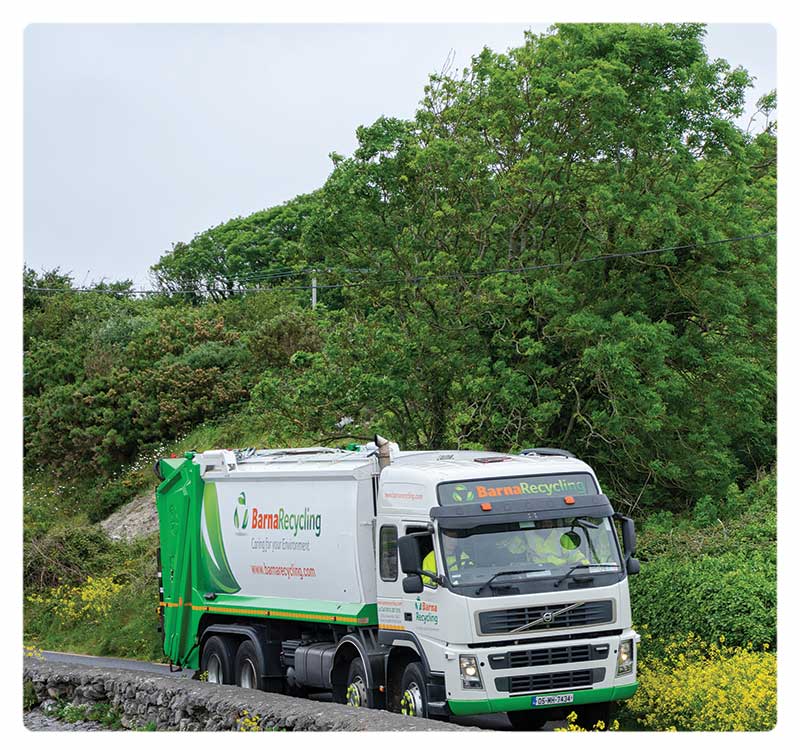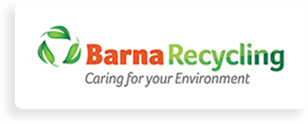- Barna Recycling
- May 18, 2021
- household waste, Recycling Tips, waste management
Barna’s Guide to Waste Disposal for Households

As our country takes another stride towards normality with the recent easing of COVID restrictions, we are all looking forward to enjoying the fresh summer evenings. And what better way to get a fresh start for this most awaited season than decluttering your house? And if like us you want to get your house organised now while you are waiting for the sun to appear, you might be confused or unsure as to where to dispose of certain items.
Well, we got you covered with the perfect guide.
We have come up with an easy guide for you to follow, which indicates what can and cannot go into your waste bin and how to dispose of other larger items that cannot fit in your household bins.
So, let us start with what can go in your waste bin:
- Nappies
- Tin Foil
- Aero board
- Contaminated and wet paper
- Ashes can but they must be placed in a bag after they have cooled before placing them in the waste bin, it reduces the risk of fire and dirtying the bins.
Now let’s look at what cannot go into your waste bin:
- Paint cans – They can only be brought to a local Civic Amenity Site.
- Clothes cannot go in your waste bin but can be brought to a clothes bank or charity shop.
- IT equipment and electrical goods are more commonly referred to as WEEE (Waste Electrical and Electronic Equipment), all electrical goods retailers must be registered as a producer of WEEE and take back your old electrical equipment free of charge when you buy new goods – you can read our blog to find out more about disposing of WEEE.
- Batteries – Used batteries can be brought back to shops, a lot of supermarkets have drop off points to recycle batteries.
- Glass – should be washed and brought to your nearest bottle banks.
- Duvets cannot be disposed of in your waste bin, but they can be brought to your local Civic Amenity Site.
If you are still unsure about how to dispose of an item, be sure to check if the item can be disposed of in the recycling or food waste bin here. This will allow you to keep the weight down in your general waste bin and reduce your bin costs. Here at Barna Recycling we always recommend using our general waste bin (black Barna bin) as a last resort.
Disposing Larger Items:
For larger items that cannot be disposed of in your general waste bin, you should consider hiring a skip. At Barna Recycling we have skips of all sizes, so you can be sure we’ll have one to suit your needs and the space available to you – check out our useful skip sizing guide here.
The benefits of hiring a skip include:
- You can keep the skip as long as you require it.
- The convenience of not having to take large awkward items in your car to the Civic Amenity Site.
- By hiring a skip you are doing your part to protect the environment, as we are responsible for the management of waste in an environmentally friendly manner.
However, there are certain items that cannot go in a skip, which are as follows:
- Hazardous Waste: The big rule that is often forgotten is that hazardous waste should not go in a skip. It can leak and contaminate other recyclable materials.
- Asbestos: If you come across asbestos during a renovation project or a home clear out, this must be dealt with by a team of specialists and not put into a general skip.
- Appliances: Other items that we find causes great confusion is around electrical items, especially large household appliances. Refrigerators, freezers, microwaves & cookers should not go in a skip but instead, be brought to a Civic Amenity Site.
- Oil or paint cans
- Tyres
- Solvents, fuels, and batteries
- Chemicals, flammable materials
- Household waste: Such as food scraps, soiled nappies, and sanitary items.
- Liquid Concrete
If you would like more information on where to dispose of certain items or would like to order a skip give our team a call today on 091 771619.






